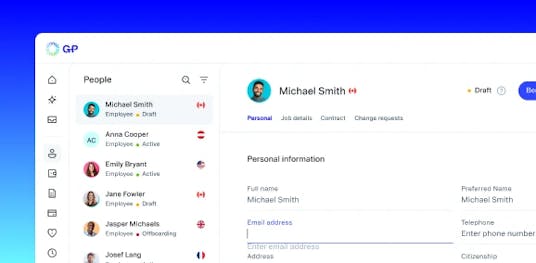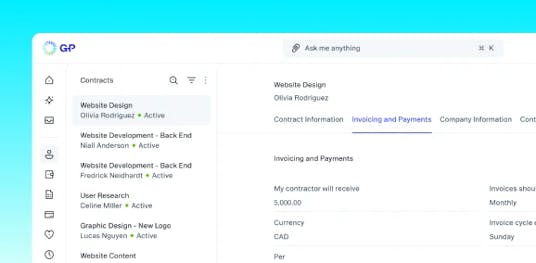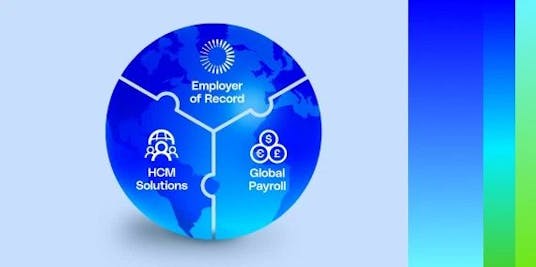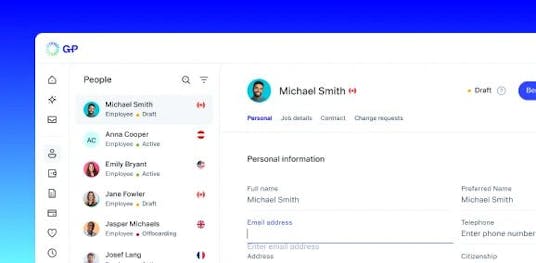Thailand has become a key destination for international investors due to important exports such as electrical components, car parts, and textiles. Before building your team in Thailand, you’ll need to first understand the intricacies of payroll management to ensure a smooth operational transition for expats and new local hires.
Taxation rules in Thailand
Employers are responsible for registering new employees with the social security office. Thailand’s social security fund reduces the cost risk for medical care, child allowance, sickness, pregnancy, death, invalidity, old age, and unemployment. Both employers and employees contribute 5% to the social security fund, up to a maximum of THB 750 per month.
Companies must also pay a corporate income tax, which is usually taxed around 20%. However, the rate can vary based on the size of the company, profits, and whether employers are listed on the stock exchange. Thailand operates under a progressive income tax scheme, so employees will owe more as their salary increases.
Thailand payroll options for companies
Before you establish your Thailand payroll, research your options and decide which is best for your company. The 3 main Thailand payroll options are:
- Internal: Companies that already have a local subsidiary in Thailand can run payroll internally. This option is more feasible for larger companies with bigger budgets that can hire a full-time HR team.
- Thailand payroll processing company: Another option is to outsource and work with a local Thailand payroll processing company. However, your company will still be held liable for any compliance mistakes.
- G-P: By partnering with and Employer of Record like G-P, you can expand your global footprint without the hassle of entity setup and management. With us, companies can rest assured that all employees will be paid punctually and compliantly.
How to establish payroll in Thailand
Before you can establish payroll, you’ll need to establish a subsidiary. The typical timeframe to establish a business in Thailand is 2 months, unless you work with a subsidiary alternative such as G-P. Companies must put together a Memorandum of Association and get it approved by several departments. You’ll also have to fill out a Declaration of Business form and provide Articles of Association and a list of shareholders. Lastly, the subsidiary then needs to be specifically registered as a local company in accordance with the regulations and requirements in Thailand.
Entitlement and termination terms
The best way to ensure a successful hiring venture is through a written employment contract that includes the terms and conditions of employment. Employers have to give no less than 1 month of notice for termination without cause. Severance pay depends on the employee’s length of service and can extend up to 400 days of salary and allowances.
Streamline global payroll management with G-P.
G-P streamlines each step of the payroll management process with our market-leading Global Growth Platform™. Pay your team with confidence anywhere in the world in 150 currencies with our 99% on-time automated payroll system — all with just a few clicks. Our products also integrate with leading HCM solutions, syncing employee payroll data across platforms automatically to create one reliable, convenient source of truth for HR teams.
Contact us to learn more about how we can support you.

















